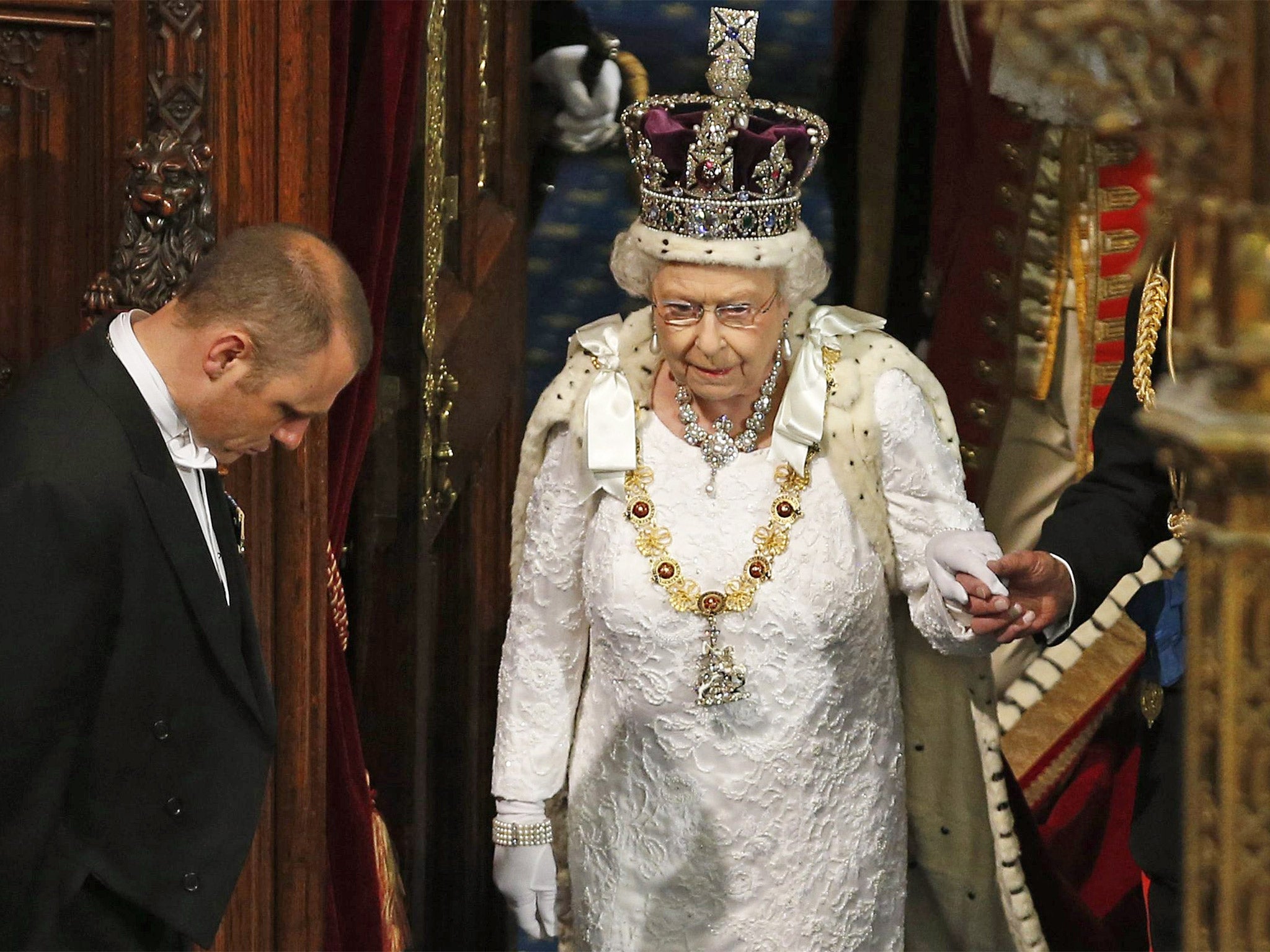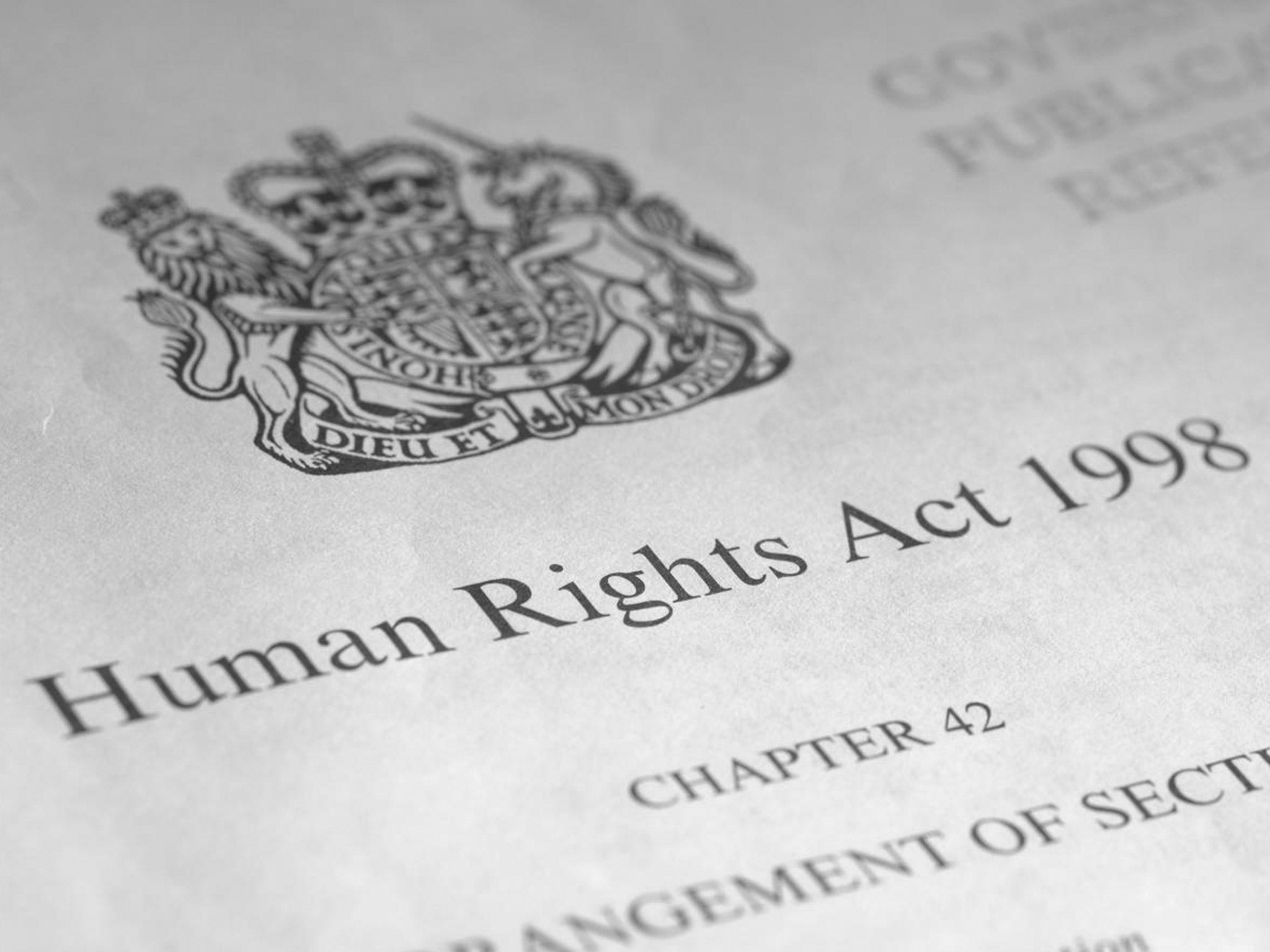Queen's Speech 2015: Radical agenda to reform taxation, welfare, human rights and Britain's relationship with Europe to be unveiled
Plan to ditch Human Rights Act and revive snooper’s charter will be contentious

Your support helps us to tell the story
From reproductive rights to climate change to Big Tech, The Independent is on the ground when the story is developing. Whether it's investigating the financials of Elon Musk's pro-Trump PAC or producing our latest documentary, 'The A Word', which shines a light on the American women fighting for reproductive rights, we know how important it is to parse out the facts from the messaging.
At such a critical moment in US history, we need reporters on the ground. Your donation allows us to keep sending journalists to speak to both sides of the story.
The Independent is trusted by Americans across the entire political spectrum. And unlike many other quality news outlets, we choose not to lock Americans out of our reporting and analysis with paywalls. We believe quality journalism should be available to everyone, paid for by those who can afford it.
Your support makes all the difference.David Cameron will unveil the first “Conservative-only” Queen’s Speech in nearly two decades today with a radical and divisive agenda to reform taxation, welfare, human rights and Britain’s relationship with Europe.
The Prime Minister will claim that the Tories’ new legislative agenda represents a “clear programme for working people, social justice, and bringing Britain together”.
But behind the scenes Tory whips are preparing to take a “zero-tolerance” approach to unauthorised absences from Westminster among their own MPs amid fears that Mr Cameron’s small majority is vulnerable to rebellions.
Despite this, some Conservatives say privately that the Government’s most contentious legislation will have to be watered down if it is to have any chance of becoming law.
Bills which are likely to face particular scrutiny include plans to replace the Human Rights Act with a new Bill of Rights, legislation to give police and intelligence services greater access to communications data and a crack-down on so-called non-violent extremists. All three measures were blocked by the Liberal Democrats in the last parliament and the former Lib Dem leader Nick Clegg plans to lead his party’s opposition to the plans in the Commons today.

He is expected to tell MPs that it is “dispiriting” to see how quickly the Tories have turned their back on the liberal stance of the Coalition.
“The human rights we hold dear, our right to privacy in an online age, our future as an open-minded, outward-looking country, are all hanging in the balance again because of the measures being announced by the Conservative government,” he is expected to say.
In an attempt to signal that the new Conservative-only government will protect the interests of the low-paid, Downing Street said a legislative priority would be a new law to guarantee that anyone working up to 30 hours a week on the minimum wage will not pay any income tax.
It will also bring in a law to introduce a new five-year “tax lock” binding the Government not to raise income tax, VAT or national insurance during this parliament. Other measures expected to be included are plans for 30 hours’ free childcare a week for three and four-year-olds.
The Queen's Speech by numbers
61: The number of times the Queen has delivered the Speech in person at Parliament’s state opening.
1,763: The number of words in the longest speech to date, said by Elizabeth II in 1999.
9 minutes, 50 seconds: The average length of the speech.
10 hours: The total time (approximately) the Queen has spent reading speeches at the state opening of Parliament.
0: The lowest number of speeches read by the Queen at the opening under any one prime minister – during Alec Douglas-Home’s time in 1963.
Subscribe to Independent Premium to bookmark this article
Want to bookmark your favourite articles and stories to read or reference later? Start your Independent Premium subscription today.
Join our commenting forum
Join thought-provoking conversations, follow other Independent readers and see their replies
Comments